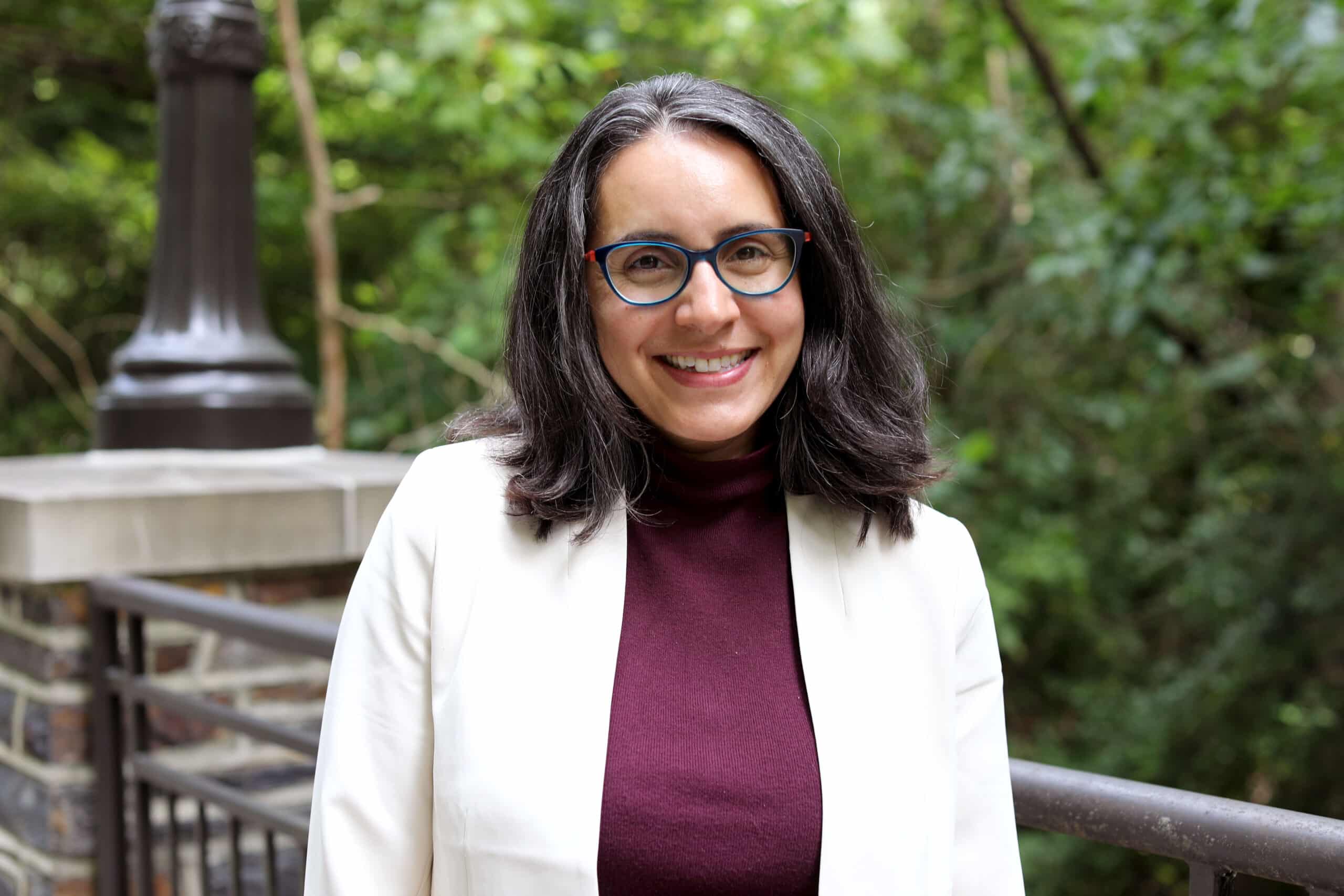In previous work, Venturelli and her team explored how they could use these gut microbe interactions to design a precision therapeutic for inhibiting Clostridioides difficile, or C. diff., a bacterium that can cause serious infections in the colon. Symptoms can range from mild diarrhea and stomach pain to significant colon damage, which can sometimes require surgery.
“Antibiotics are used as a first-line treatment for C. diff., and while it may work for a majority of cases, a significant minority of patients will often experience a recurrent infection,” said Venturelli. Patients with these recurring infections get stuck taking more antibiotics, further disrupting their gut microbiome and making them more likely to get another infection.
But there is an alternative treatment option.
“Recurrent infections can be effectively treated with a fecal microbiota transplantation, where stool from a healthy donor is transplanted into a patient with C. diff.,” Venturelli said. “The transplant introduces healthy bacteria to the patient’s microbiome, which interact to treat the infection.”
Although these fecal microbiota transplants are remarkably effective, they are not a widespread solution. While they may contain microbes that help resolve a C. diff. infection, other microbes in the sample may trigger different health problems in the recipient. And there is no way to standardize or scale up the therapy.
Instead, one of Venturelli’s goals is to develop a framework for designing precision probiotics combined with potential dietary interventions that can replace both antibiotics and fecal transplants as a therapy by using combinations of gut bacteria and dietary fibers that have been shown to safely eradicate the pathogen.
In her new role at Duke, Venturelli and her team aim to expand on this work by exploring how they can develop similar precision probiotics to treat illnesses caused by drug-resistant bacteria and therapeutics that could help gut bacteria produce helpful molecules to treat disease.
“One of the things we explore is how to design precision interventions that enhance beneficial metabolites such as butyrate or tailor secondary bile acid profiles, which helps maintain cells in the intestinal tract,” she said. “If we could figure out ways to predictably increase butyrate, we could potentially reduce disease propensities or even treat and prevent gastrointestinal illnesses like inflammatory bowel disease.”
Venturelli is already looking forward to collaborating with researchers in disciplines spanning medicine, synthetic biology, gut-brain communication and immune engineering as she pursues this work at Duke.
“Our lab will synergize with Duke’s strengths in medicine, automation and machine learning, protein engineering and synthetic biology,” she said. “I’m excited about the work I’ll be able to accomplish with researchers across the department.”





